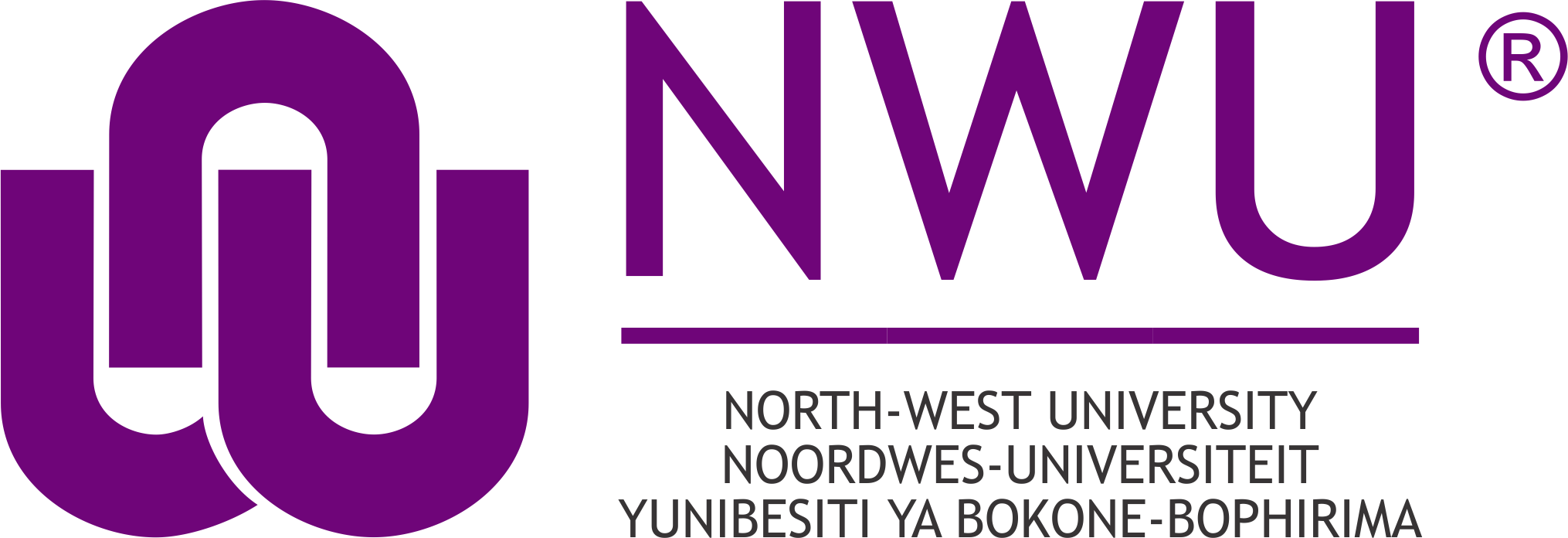NWU: Education is how we let our youth thrive, flourish
As time passes, words are watered down and phrases lose their meaning. Wisdom passes into obscurity as repetition creates clichés. This is where we are now. Do we still listen when we hear “youth” and “future”? The North-West University (NWU) believes that these two words – together – should not only feature prominently in every vocabulary, but when spoken, they should be heard.
According to Professor Bismark Tyobeka, principal and vice-chancellor of the NWU, this is seldom as important as when Youth Day is celebrated.
“When we celebrate Youth Day, we look back and remember, with reverence, the courage shown by the more than 20 000 pupils in Soweto and elsewhere on 16 June 1976, when they stood up against a grave injustice of the time. The effects of their protests are still being felt today and played a crucial role in guiding us to the democracy we enjoy today. Times have changed and so have the challenges that our youth face. One of these is unemployment, and the most recent study by Stats SA shows a youth unemployment rate of 46.5% for the first quarter of 2023, compared to the national average of 32.9%. This is shocking and sad, and something must be done urgently to address it,” says Prof Tyobeka.
He further explains: “At the NWU, we strive to produce graduates who are equipped to take advantage of the opportunities in the public and private sectors, and we must accept that skilled young people are such a valuable asset that guarantees the socio-economic development and growth of our country. We need to capitalise on their vibrancy, their verve and their ingenuity. However, they face a litany of challenges they need to navigate as they try to reach their dreams and fulfil their potential. The youth are the custodians of our future and it is our responsibility to equip them with the tools to succeed.”
This forms part of the NWU’s aim to aid in the achievement of the United Nations’ Sustainable Development Goals (SDGs), of which there are 17. We focus especially on SDG 4 (Quality Education) and SDG 8 (Decent Work and Economic Growth). The former states a goal to ensure inclusive and equitable quality education and the promotion of lifelong learning opportunities for all, while the latter advocates the promotion of sustained, inclusive and sustainable economic growth, full and productive employment and decent work for all.
According to the NWU, surveys show that students from the NWU are preferred in the employment sector due to a host of factors such as the university’s reputation for academic excellence, its diversity and other graduate attributes that set them apart.
“This is but one way we are making sure that, although opportunities may be limited, our students have the best possible chance to not only meet, but to exceed, their own expectations,” says Prof Tyobeka.
The NWU’s ethic of care and commitment to social justice also underlines the United Nations’ SDG 10, which aims to reduce inequalities. Although the effective implementation of social justice initiatives that ensure sustainable outcomes is an issue rife with intricacies, it is a challenge that the NWU does not shy away from. This is done by addressing historical inequalities, promoting inclusivity and combating discrimination.
And, although times may seem uncertain, it is those pivotal words of “youth” and “future” that will serve our united cause. As Prof Tyobeka states: “I want to say to our youth: Be bold and be brave, always be kind and compassionate. Be involved. Believe in yourself. Prove the naysayers wrong and reach your full potential. The future is in your hands.”
